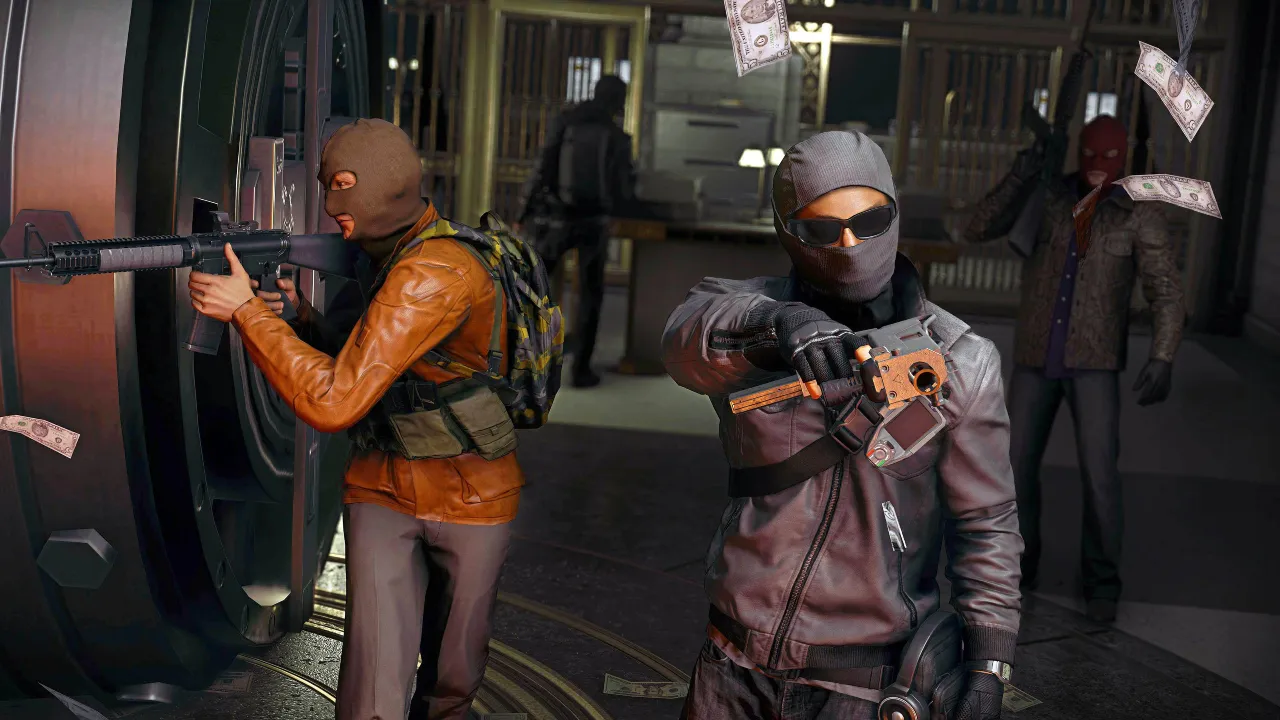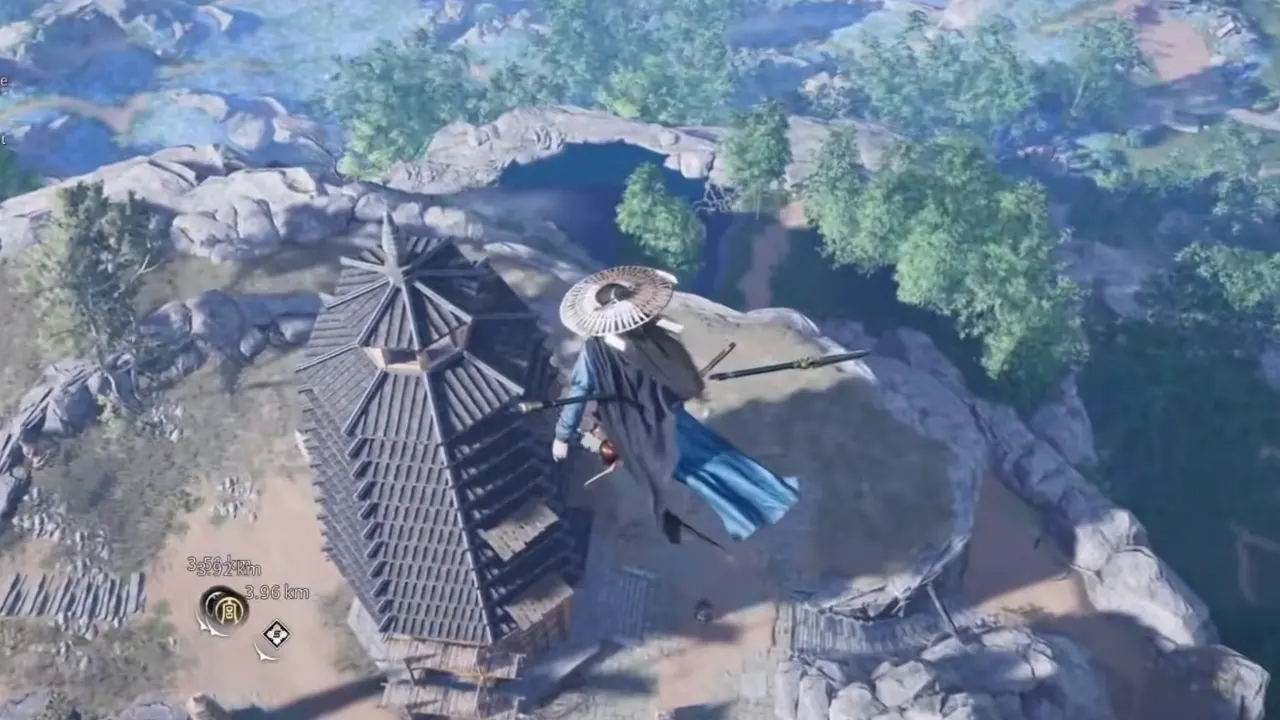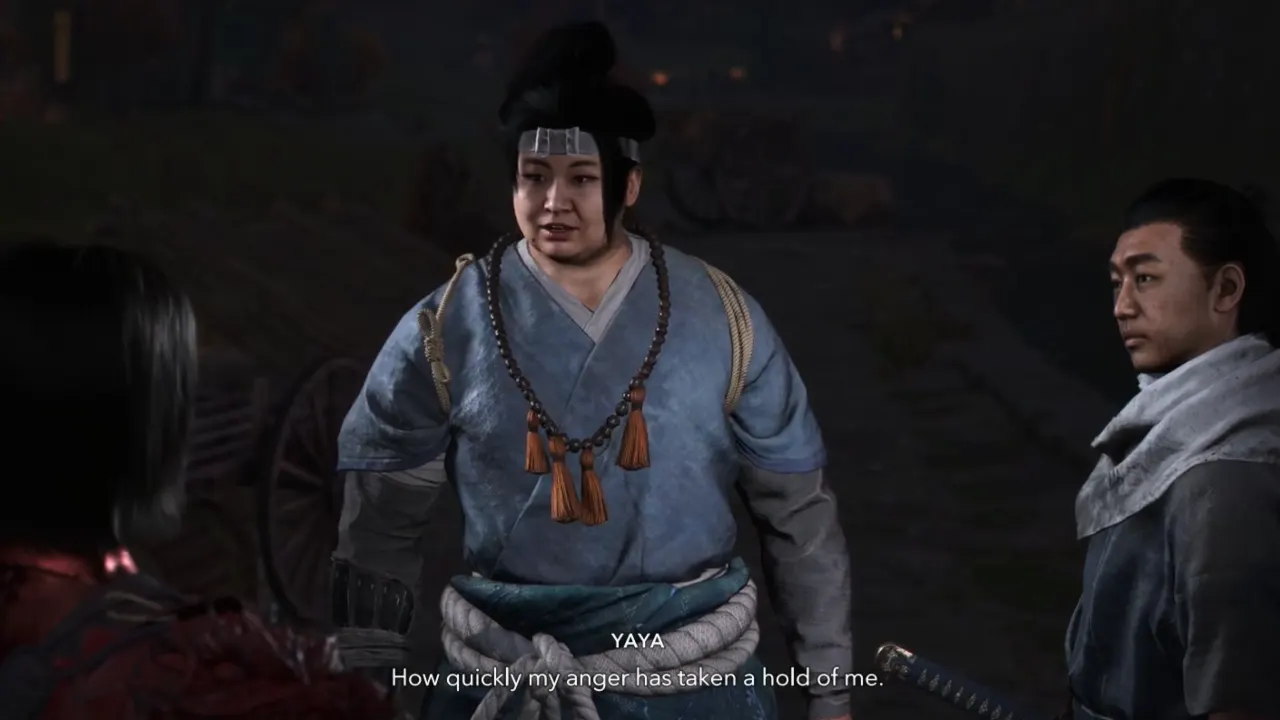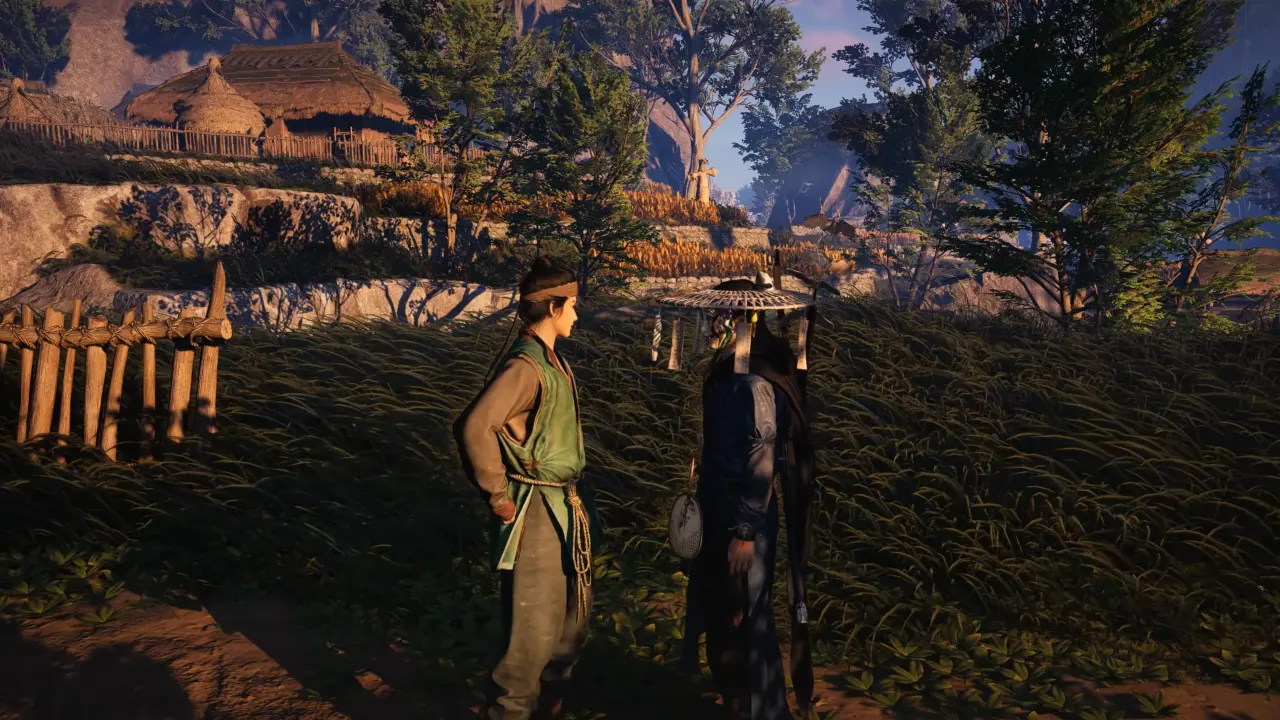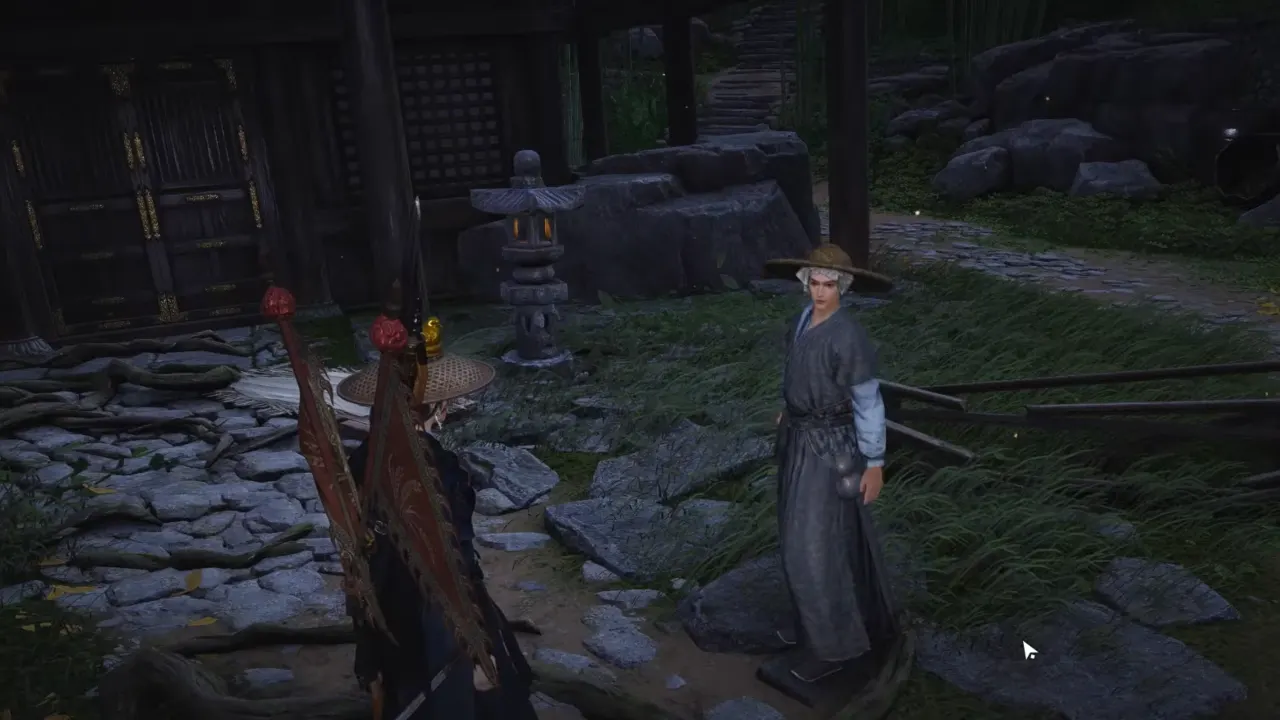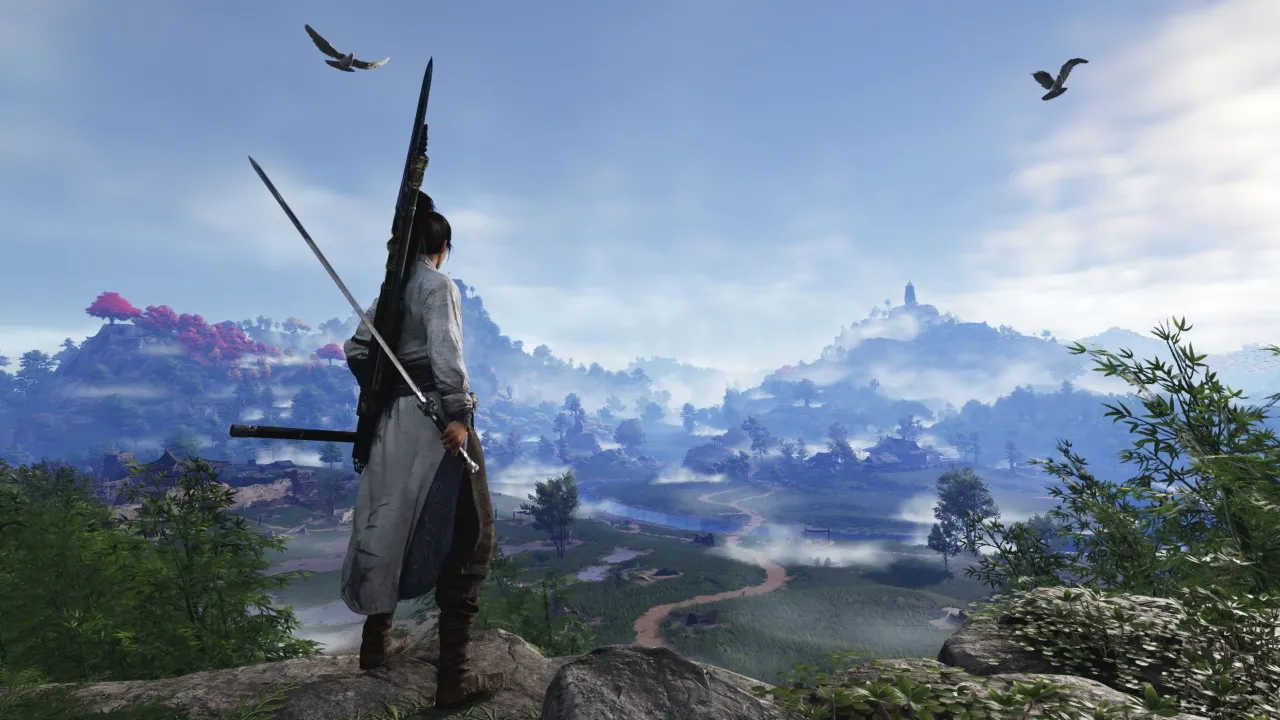Call of Duty: Black Ops 7 has been officially announced, and Activision is once again setting the industry tempo with yet another blockbuster release. But while CoD marches confidently into the future with futuristic warfare, mind games, and returning villains, EA’s Battlefield series has been relatively quiet. Sure, there’s another Battlefield mainline game in development, but if there was ever a moment for EA to throw anything bold and unexpected back into the fight, now would be it. And the answer? Not a reboot. Not a remaster. Just give us what many have wanted for years: a proper sequel to Battlefield: Hardline.
Battlefield: Hardline Deserves Its Second Shot
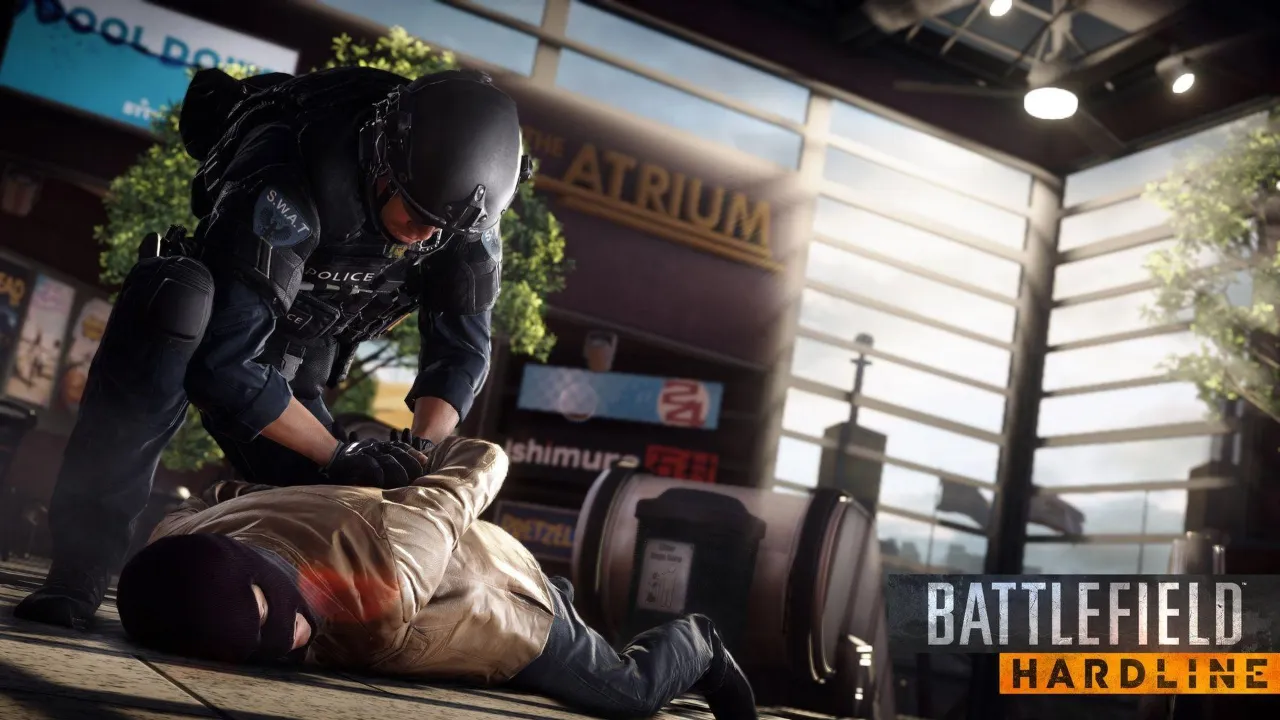
Released in 2015, Battlefield: Hardline was EA and Visceral Games’ attempt to shake up the formula. Instead of military warfare, tanks, and jets, the game gave players a cops-and-criminals dynamic. It leaned into high-stakes heists, urban gunfights, and explosive police drama—basically Heat meets Battlefield.
The game brought a surprisingly rich multiplayer feature using Battlefield 4’s “levolution” system, where the environment can dynamically change mid-match. Despite these good elements, Hardline flopped not because it was a bad game, but because it dropped at the wrong time. The Battlefield brand was already in murky waters, and fans were skeptical of any major detour from the franchise’s military identity. But now, that kind of genre-bending spinoff is exactly what could set EA apart in today’s saturated shooter field.
Call of Duty Shows There’s Room for Reinvention
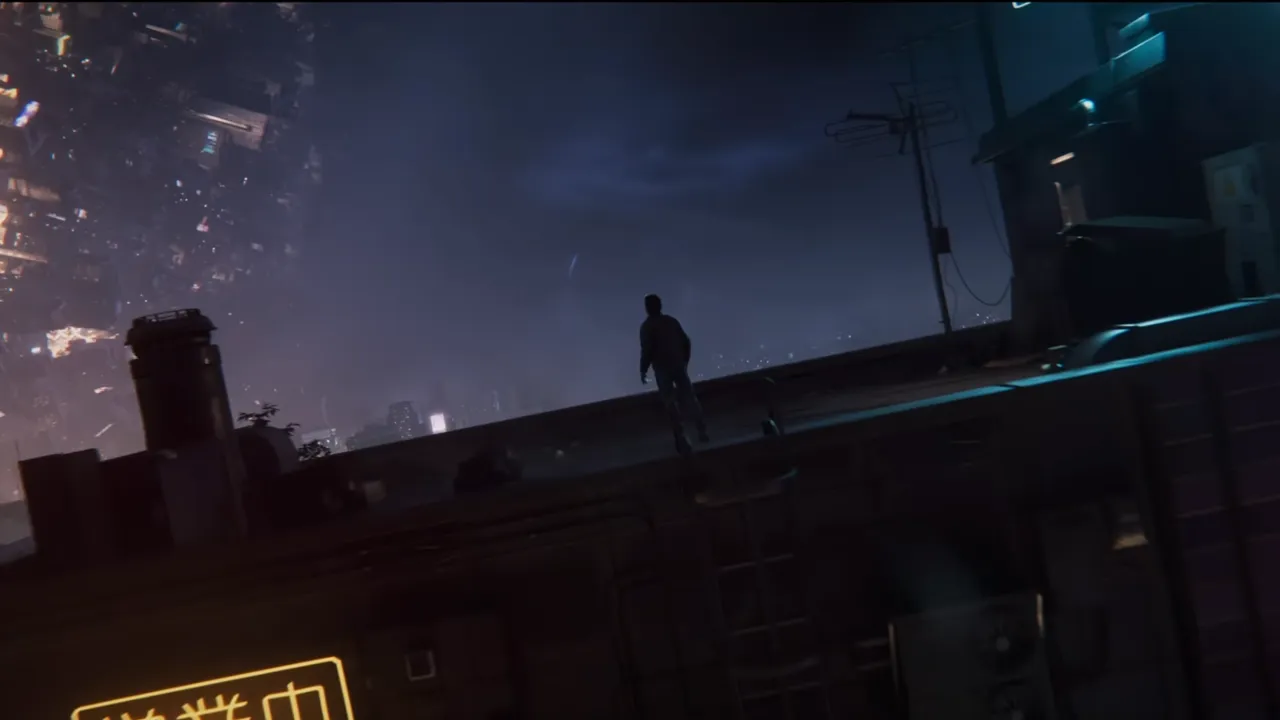
Activision’s Black Ops series has thrived by occasionally sidestepping traditional military tropes. While Modern Warfare sticks to boots-on-the-ground realism, Black Ops throws players into Cold War conspiracies, brainwashing, and now futuristic dystopias like the upcoming Black Ops 7, which takes place in 2035.
That’s a clear message from Activision: players don’t only want another “war simulator.” They want twists, and they need settings beyond yet another scorched battlefield. That’s where a Hardline 2 could do a great job by offering a shooter to fans that brings more than a pivot from the military, and also sprints in the opposite direction.
Unlike other Battlefield entries, Hardline wasn’t about conquest or large-scale wars but tactical, close-quarters chaos. It had the DNA of a police procedural mixed with high-adrenaline action. Imagine what that could look like with modern hardware and a more mature industry landscape that embraces genre mashups. Think bigger heists, deep undercover missions, and probably a narrative campaign where True Detective meets Rainbow Six than another generic war story.
Players are hungry for something different. Hardline 2 wouldn’t only be different, but it could offer something deeper and more grounded in character-driven tension, a rarity in today’s multiplayer-first, battle pass-heavy ecosystem.
EA Needs a Real Counterpunch
Battlefield 2042 didn’t release the way it needed to with not a good expected reception. Even though EA has plans to support the franchise long-term, they need something more than just another numbered entry with “improved destruction” and a new map pack. The revamped title should have a comeback story, a surprise, and a reason for players to get curious again.
Battlefield: Hardline sequel would most likely be that comeback, especially if it builds on what worked the first time: asymmetric gameplay, dynamic maps, and break from the military mold. Add in a proper single-player campaign, modern co-op, and lean into a cinematic, crime-thriller tone, and this is something people will talk about.
Activision may dominate with its polished, annual releases, but even Call of Duty is starting to blur together. Black Ops 7 looks good but it’s still walking the same line between shooter spectacle and sci-fi paranoia. If EA wants to compete not only to beat CoD, but with player attention in general, they must stop trying to copy the formula and instead revive the spinoff that dared to be different. It’s time for Battlefield: Hardline 2. Not because it’s expected, but because it’s not.

